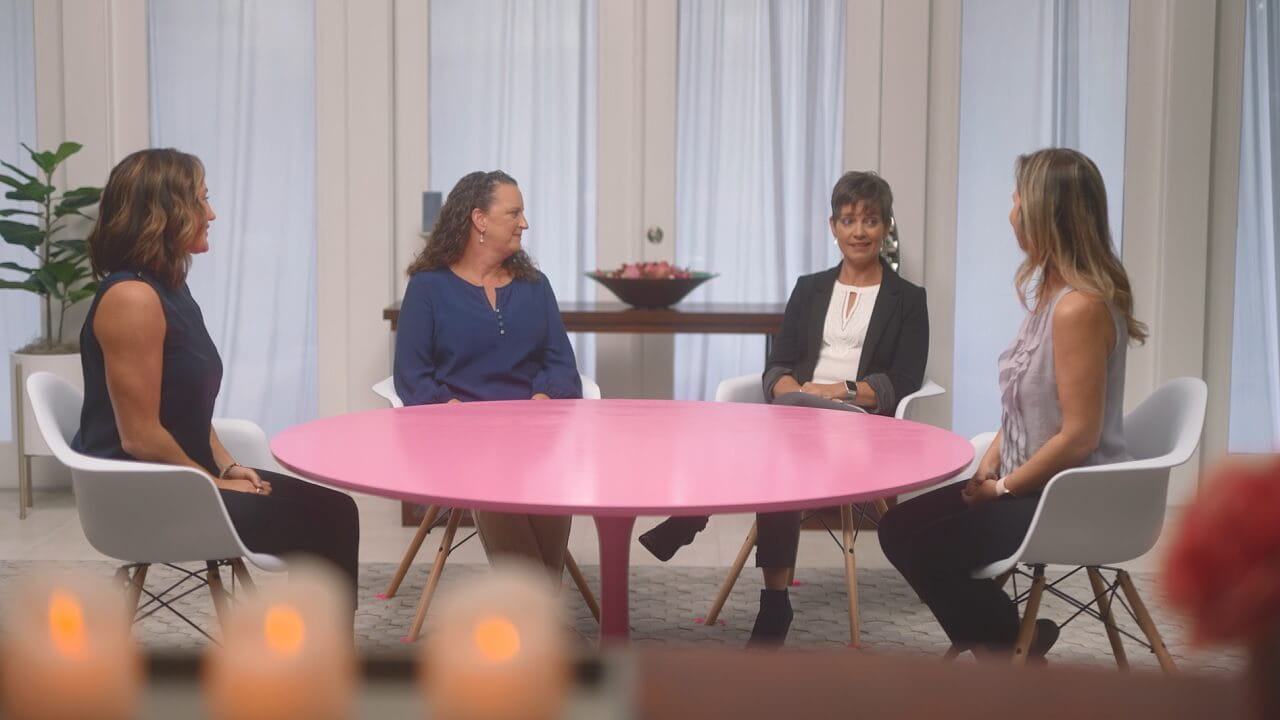What You Need to Know About Breast Cancer
Breast cancer affects millions of people around the world. Every year, more than 250,000 women and more than 2,000 men are diagnosed with breast cancer in the United States.
As Breast Cancer Awareness month begins, here are some important things you need to know about the disease, symptoms, risk factors, screening and diagnosis.
What is Breast Cancer?
Breast cancer is a disease that allows cells to grow out of control in the breast and may spread to lymph nodes and other parts of the body. The most common breast cancers include invasive ductal carcinoma (the duct is a tube in the breast which takes milk to the nipple), and invasive lobular carcinoma (the lobule is a gland in the breast where the milk is made.)
What are the Symptoms?
Breast cancer symptoms can be different for different people, according to Centers for Disease Control and Prevention (CDC). Some people may not have any symptoms or signs. But some common symptoms may include:
- A lump in the breast or underarm
- Thickening or swelling of the breast
- Irritation or dimpling of breast skin
- Redness or flaky skin in the breast
- Change in size or shape of the breast
What are the Risks?
Health care experts say there are several key reasons why someone would be at risk for getting breast cancer.
Some of those reasons include being a woman and getting older. Most breast cancers affect women over 50 years old.
Genetic mutations, which are inherited changes to certain genes (known as BRCA1 and BRCA2), also put some women at higher risk for the disease. Women who inherit these genetic changes can be at risk of breast and ovarian cancer. Other risk factors include dense breasts, family history, not having children and previous use of radiation therapy.
In addition, risk factors for breast cancer can include taking hormones, drinking alcohol, not exercising and smoking.
“If you’re over 50 years old or have a family history with breast cancer, it’s important that you talk to your doctor about regular screenings and genetic testing,” said Dr. Peter Blumencranz, board-certified surgical oncologist and medical director of BayCare’s Oncology Services. “To help lower the risk of breast cancer, it’s also vital that you eat healthy, exercise, limit alcohol intake and breastfeed your child (if possible).”
When to get Screening?
It’s important for all women to stay informed about their overall breast health. It’s also vital that women talk to their provider about screening options and what is right for them.
Women with increased breast cancer risk should have the option to start screening with mammography at 40 years old. Those women with an average breast cancer risk should start regular screening at 50 years old.
“While screening cannot prevent breast cancer, it can help detect it early,” said Dr. Blumencranz. “Early detection is key to treating the disease and having a more successful outcome.”
Where to get a Mammogram?
The mammogram, which helps detect breast cancer, is an X-ray of the breast. Mammography is a safe, low-dose X-ray that can detect changes in the breast long before any symptoms appear or can be felt. This is the best screening tool available to find breast cancer for most women of screening age.
BayCare Imaging locations across the Tampa Bay area provide a full range of mammography and breast health services. BayCare Imaging utilizes the latest technology, including 3D mammography, to better detect signs of breast cancer. During the COVID-19 pandemic, BayCare Imaging has enhanced its safety procedures to protect patients and team members. To schedule an appointment, call 855-269-4333 or schedule online.
“Women should not defer screening because of the ongoing pandemic,” said Dr. Blumencranz. “A delay in diagnosis could result in more advanced disease.”
BayCare’s In Our Hands Campaign
To help educate the community about breast cancer, BayCare launched its annual In Our Hands campaign on Oct. 1. This year, the health system will share stories of strength from women who have experienced or have been affected by breast cancer. This campaign allows women to take control of their breast health and schedule a screening mammogram.
To learn more, visit ItsinOurHands.org.
Related Story:

